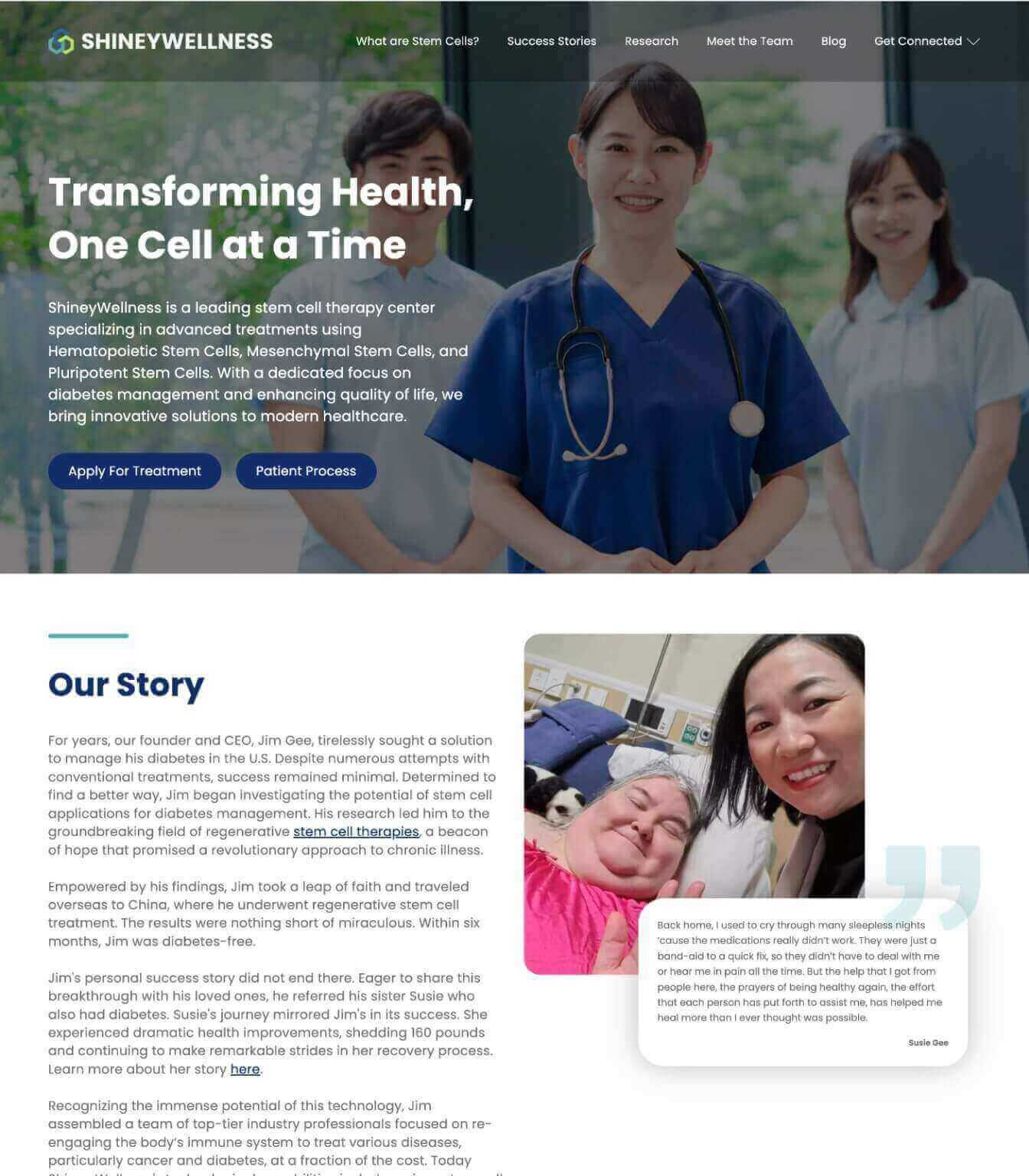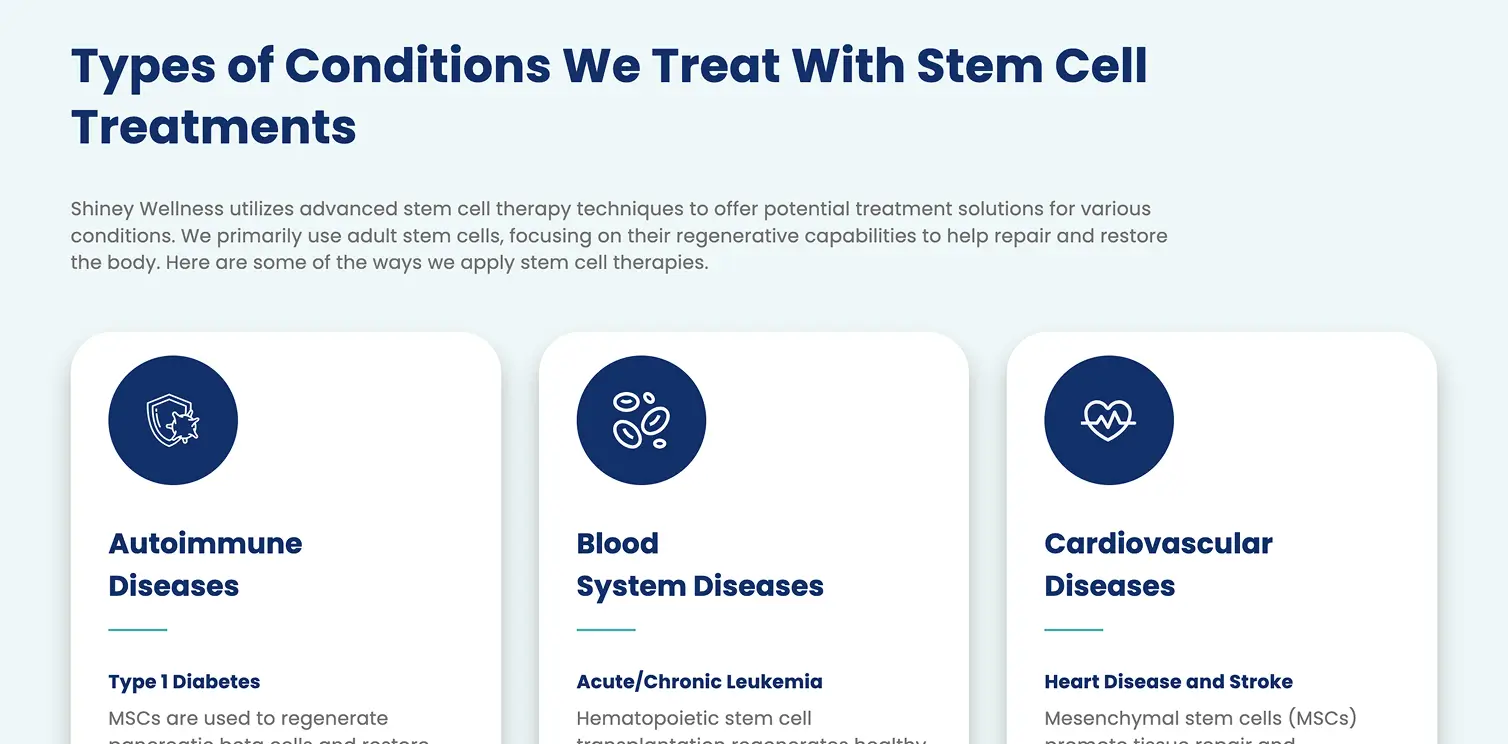Custom strategies designed specifically for healthcare providers to attract the right patients.
Generic, one-size-fits-all tactics.
AI-powered research targeting low-competition, high-impact, patient-intent keywords (e.g., "best cardiologist near me").
Basic keyword analysis with limited targeting.
Optimized meta descriptions, keyword-rich headers, clean URLs, and internal linking tailored for patient engagement.
Standard optimizations without tailored content structure.
Strategic outreach for high-authority medical links, fixing broken links, and converting unlinked mentions.
Basic link-building with less focus on quality or strategy.
Fast, mobile-friendly sites with well-structured content for superior indexing and user experience.
Often overlooks site speed, mobile responsiveness, and structure.
Optimizes Google Business Profile, maintains NAP consistency, and leverages local directories to boost community presence.
Minimal local focus or inconsistent local listings.
Patient Reviews & Reputation
Actively encourages and responds to reviews, showcasing success stories to build credibility.
Limited strategies for managing or leveraging reviews.
Translates and optimizes content for multiple languages using hreflang tags for global reach.
Generally focused on a single language.
Builds trust with research-backed content, expert opinions, detailed author bios, and case studies.
Less emphasis on demonstrating authority and expertise.
Amplifies SEO efforts by integrating social media to drive engagement and sharing.
Social media typically managed separately from SEO.
Develops structured pillar pages and topic clusters to establish authority and improve rankings.
Sporadic content without a cohesive clustering strategy.
Focused on creating highly relevant, in-depth, research-backed content, including blogs, studies, and expert opinions, tailored to patient needs and concerns.
Basic or generic articles with limited focus on patient-specific issues or treatments.





















